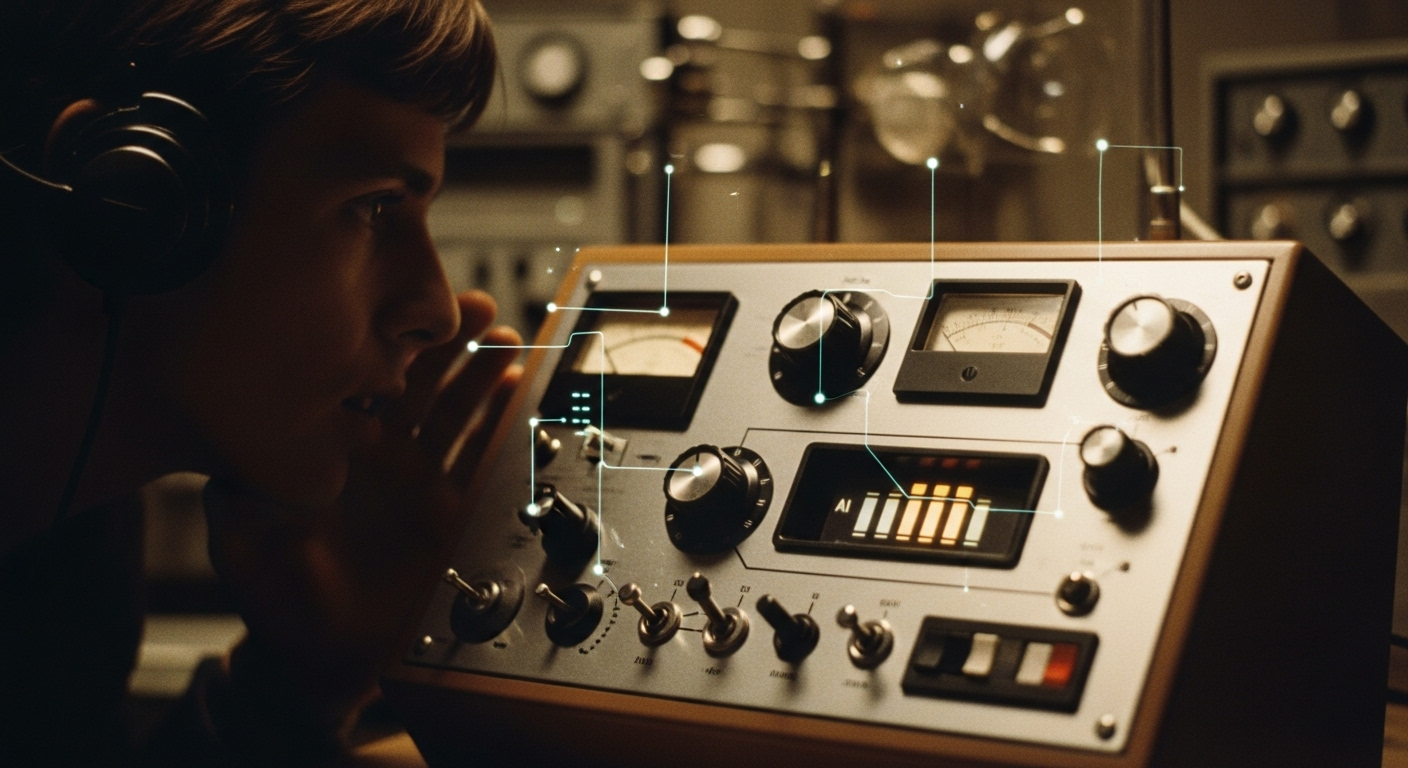Ever found yourself having a deep, late-night chat with ChatGPT? Maybe you’re bouncing ideas, venting about a bad day, or even exploring complex personal feelings. It feels like a private, judgment-free zone, right? Well, hold that thought. OpenAI CEO Sam Altman, the very person who brought ChatGPT into our lives, has a crucial heads-up: when you’re using ChatGPT as a therapist, there’s absolutely no legal confidentiality.
Yeah, you read that right. That comforting, always-available AI isn’t bound by the same privacy laws that protect your conversations with a human therapist. Think of it like this: your deepest thoughts, fears, and even that embarrassing story about your cat might just become part of the vast data pool that trains the next generation of AI. Awkward, much?
The Nitty-Gritty of Non-Confidentiality
So, why the big privacy gap? It boils down to a few key points. First, when you type something into ChatGPT, it’s not just disappearing into the ether. Your input is data. This data is often used by AI companies to refine their models, improve responses, and catch bugs. They need this information to make the AI smarter, but that process fundamentally clashes with the concept of private, protected communication.
Secondly, unlike licensed human therapists, AI chatbots aren’t governed by strict legal frameworks like HIPAA (Health Insurance Portability and Accountability Act) in the U.S., which legally mandates the protection of patient health information. There’s no AI-PAA, unfortunately. This means no legal obligation to keep your secrets under wraps.
So, What Does That Mean for You?
Picture this: you’ve just poured your heart out about a tricky relationship dilemma or a career crisis. Without confidentiality, that data could, hypothetically, be exposed in a data breach, accessed by employees (even if anonymized, sometimes patterns can reveal identities), or even used for purposes you never intended. It’s not about OpenAI wanting to snoop; it’s about the inherent nature of how these systems learn and operate, coupled with a lack of specific protective legislation.
It’s a bit like shouting your diary entries from a mountaintop. Sure, you feel better, but who knows who’s listening or what they’ll do with the info? The point isn’t to scare you away from AI tools, but to encourage a healthy dose of digital skepticism and awareness.
Beyond the Code: The Human Touch
This is where human therapy really shines. When you talk to a licensed therapist, everything you say is protected by professional ethics and legal statutes. They’re literally sworn to secrecy (within limits, of course, like immediate danger to self or others). This trust is foundational to effective therapy, allowing you to be completely vulnerable without fear of repercussions.
AI can offer incredible support, don’t get me wrong. It can be a great sounding board, help with journaling, or even provide general information on mental well-being. But it’s a tool for support, not a replacement for professional, confidential mental health care. It’s like using a dictionary versus having a deep conversation with a language expert – different tools for different jobs.
The Takeaway: Be Smart About What You Share
Sam Altman’s warning isn’t about shaming anyone for using AI. It’s a vital reminder about the current state of AI technology and its legal landscape. As AI continues to evolve, so too will our understanding of its ethical implications and the need for robust regulatory frameworks.
So, next time you’re about to confide your deepest secrets to ChatGPT, pause for a moment. Is this something you’d be okay with potentially becoming public knowledge? If the answer is a resounding ‘no,’ then maybe it’s a conversation best saved for a trusted human, or a very, very secure physical journal. Your privacy, after all, is still yours to protect. Let’s stay curious, smart, and a little bit cautious in this exciting, ever-evolving AI world!
